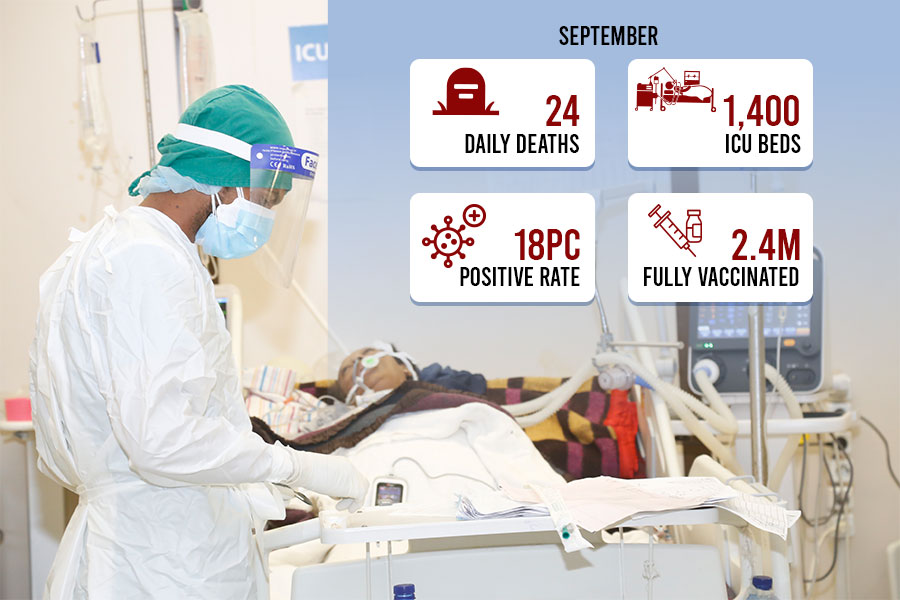
Fortune News | Sep 18,2021
Hundreds of thousands of high school students prepare for matriculation exams, as Nahom Taye, 19, did. A native of Shashemene town, 260Km south of Addis Abeba, he has gone through the stress and anxiety associated with the tests, officially dubbed the Ethiopian Higher Education Entrance Certificate Examination.
Nahom was among over half a million high school seniors to sit for the national exams six months ago. Scoring passing scores is key to enrolling into one of the 46 public universities. Recent years saw the closure of almost all, first compounded by the COVID-19 pandemic, which wreaked havoc on educational cycles, from primary school to university. The pandemic has not been the only source of distress for students like Nahom and their families.
Many parents remain wary of sending their children away in times of profound insecurities.
The armed conflict battering the country's north for a year and a half and growing insurgency in other regions have taken their toll. Last week, the UN reported that nearly 1.4 million children in the Tigray Regional State are likely to go into their third school year without education, disrupted by war. Security concerns in the Afar, Benishangul-Gumuz and Oromia regional states forced close to 60,000 students to wait two months to take the tests.
An undisclosed number of students in Tigray have yet to sit for the national exams.
Despite this glaring absence, the number of examinees is double the figure from last year, mainly due to a policy shift that scrapped national exams for 10th-grade students two years ago. It meant more students had the chance to progress to their senior year and sit for the exams. The Ministry of Education announced university entrance threshold points last month. Over a quarter of examinees, almost half female students, are eligible to join public universities.
Nahom, aspiring to study medicine, has fortunate. His parents were determined to pay tuition fees of over 1,000 Br a month to see their son could attend a private school.
Their sacrifice and Nahom's hard work paid off - he scored a little over 500 points out of 700. Though it is shy of the 530 and above designated as the highest-scoring category, it was a promising result. Around 4,000 students met the threshold, gaining instant acceptance to Addis Abeba University, the pick of the litter from public higher learning institutions.
"I was halfway there," said Nahom.
He was enrolled at the Adama Science & Technology University (ASTU). His dreams of becoming a physician were shattered, though.
Placements to all regular undergraduate programmes are processed under the supervision of the Education Ministry. It is headed by Berhanu Nega (Prof.), one of the three opposition leaders appointed into Prime Minister Abiy Ahmed's (PhD) cabinet following the sixth national elections last year. They lost the race to enter parliament.
St. Mary's University has its main campus near Mexico Square. It is one of a handful of private colleges that have a relatively good reputation for educational quality. Much of private higher learning suffers from the same ailments that tarnish the image of public universities.
Public university admission offices then direct enrollment to various programmes based on students' results.
The dilemma had Nahom reassess his future. He decided to study engineering, one of 19 undergraduate programmes offered by the university. Despite concerns about his placement, Nahom packed his bags and headed to the campus in Adama, nearly 100Km southeast of Addis Abeba.
He was not welcomed as he had thought. University administrators refused to accept students assigned there by the Ministry. The science and technology universities in Adama and Addis Abeba are the only public universities administering their own entrance examinations to prospective students. Nahom was one of 600 students who found themselves in a desperate situation in Adama. He was forced to return home after a short one-day stay.
Nahom told Fortune he and his peers were escorted from the university premises by police officers.
"They wouldn't even let us spend the night," he said.
He spent the night at a hotel, paying 400 Br, before heading back to his hometown.
Less than a week after he arrived in Shashemene, Nahom was reassigned to Madda Walabu University in the Bale Zone of the Oromia Regional State. It is among the dozens of public universities opened over the past two decades. Nahom's experience is not an outlier, as thousands of students are faced with similar predicaments.
The enrolment process, comprising everything from validating exam results to placements, is carried out electronically. Universities have been requesting the Ministry to assign additional students to their campuses, as many of those previously assigned have declined to enrol. Parents were frantic and desperate to reach out to the Ministry's officials to ensure their children were assigned to universities in the capital or nearby. Close to 1,500 students have filed complaints before the Ministry about their placements. Nearly two-thirds were found to have legitimate concerns.
There is also a communications gap between the universities and the Ministry, according to Edossa Terfassa, director of higher education affairs.
A lack of coordination, coupled with the ongoing unrest and instability, is casting a shadow on public universities' already questionable quality of education.
Higher education has come a long way since its humble beginnings with the University College of Addis Abeba (later Haile Selassie I University and then Addis Abeba University) opened in 1950. Two more public universities opened in the mid-1980s, enrolling less than 5,000 students. The past two decades saw rapid expansion, with dozens of higher learning institutions established, enrolling over 350,000 students annually.
Nonetheless, five public universities in the north – Meqelle, Axum, Adigrat, Raya, and Woldiya - have been closed for over a year due to the civil war that erupted in November 2020. Over 14,000 students have abandoned campuses. It is a considerable disruption with serious implications for students' mental health and wellbeing, says Tirussew Teferra (Prof.), an education expert and project leader of a team at the Ethiopian Education Roadmap Development. According to the expert, it can raise the chances of developing psychological problems, which could take a long time to heal.
“Psychosocial wellbeing is a superordinate construct that requires social and collective wellbeing,” said Tirussew. "It's doubtful they can continue under the circumstances."
Over the past three years, security concerns have impacted close to one million students attending undergraduate programmes. The concerns have only grown more threatening as persistent unrest leaves families worried about sending their children to public universities far away from the capital.
Khadija Muktar, 45, is one such parent. She is the mother of seven, raising a family in the capital. Her third child, Ekram Yusuf, has been enrolled this year to study natural sciences at Debre Markos University in the Amhara Regional State. Khadija, however, decided to keep her daughter around. Neither is Ekram too enthused about the prospect.
"I've no plans to send her anywhere but Addis Abeba," Kedija told Fortune.
Safety concerns are not the only factor behind the growing parents' reluctance to send their children to public universities outside the capital. Apprehension over the quality of higher education and rising unemployment rates among university graduates are driving factors. The Ethiopian Statistics Service's survey two years ago put the unemployment rate at nearly a fifth of the population. It is 26pc for females. An estimated three million youth enter the labour market each year, almost double the number federal authorities claim the economy generated this year.
Apart from the 45,000 people who received employment overseas (including nursing), the largest employment provider was the service sector, followed by agriculture and industry. It is consistent with other data that showed over half of this employment was created in urban areas, with Addis Abeba claiming the biggest hub for employment.
Officials have been struggling to accommodate the rapid expansion in the number of public universities and the surging number of students. The questions over quality come despite huge budgetary allocations to education, amounting to 70.5 billion Br last year, comprising 13pc of the federal budget.
The building of new universities consumes a large portion of the budget, leaving little behind for structural improvements in areas critical to educational quality. Inadequate funding, poor facilities, overcrowded classrooms, and a shortage of qualified faculty remain challenges. Less than a fifth of university instructors hold doctoral degrees.
Though the gross higher education enrolment ratio of 8.1pc exceeds the rates in other East African countries such as Tanzania or Uganda, curricula and teaching methods are considered ill-suited for demands from employers. None of the institutions is included in standard world university rankings.
Tirussew urges policymakers to focus on enhancing educational management and leadership skills. However, according to him, this can be done only in a stable and conflict-free environment.
Doubts over quality, particularly in the newly opened public universities, led Nahom to forego attending Madda Walabu University, which was established in 2006.
"How could I depend on the school after what happened to me in Adama?" Nahom asked.
His parents are willing to foot the bill for an education at one of the 329 private colleges. Nahom recently paid 3,500 Br to register in an accounting programme at Admas University in Addis Abeba. The same cannot be said for most of the 600,000 students who sat for matriculation exams this school year.
High tuition fees do not guarantee quality education provision. Several private colleges that sprang up over the past 15 years lack a reputation for quality education; they are not much different from their public counterparts. They have been subject to a repeated regulatory rebuke from the federal agency that oversees higher education quality. Under Andualem Admassie (PhD), the office formerly known as the Higher Education Relevance & Quality Agency is a federal agency supervising the private higher education sector.
A Chief Executive Officer (CEO) of the Ethio telecom in the 2000s, Andualem's agency was re-established as an Authority in 2019, with mandates to ensure facilities (such as libraries), curricula, and faculty meet the standards before granting permits. Andualem declined to renew the accreditations of 120 private colleges for at least one programme on offer, while 50 others were found enrolling students in unaccredited courses or moving campuses without informing his office. Last week, the Authority punished private colleges in the capital for operating without proper accreditations.
Those on the receiving end believe the measures were “unfair.”
An inspection team visited a college a few weeks ago, checked on documents, and left after giving the academic staff minor comments, according to a Vice President of one of the private colleges reprimanded by the Authority. He claims the college did not receive a notice before the media announced the decision.
Eleven task forces conducted inspections for two days, uncovering the colleges' violations the authorities admonished. The Authority alleges the college opened a new campus without notifying its officials.
"We'll continue to conduct the inspections," said Tarekegn Gorius, communications director.
Khadija says she is aware of the problems with the private colleges. This does little to stop her from pushing her daughter, Ekram, to enrol with the National Aviation College to study aviation management. She will pay over 5,000 Br a semester in tuition fees.
Ekram and Nahom reflect an inadequate higher education system unable to cater to the needs of a population heavily skewed towards the youth. Opening new universities and apportioning enormous budgets struggle to meet the challenge. Officials at the Education Ministry recently announced that all graduates from public colleges would be compelled to sit for exit exams upon finalising their studies. They hope this will improve the quality of entrants into the workforce. How that will materialise in the face of insufficient facilities and ill-suited teaching methods remains unaddressed.
PUBLISHED ON
May 21,2022 [ VOL
23 , NO
1151]

Fortune News | Sep 18,2021
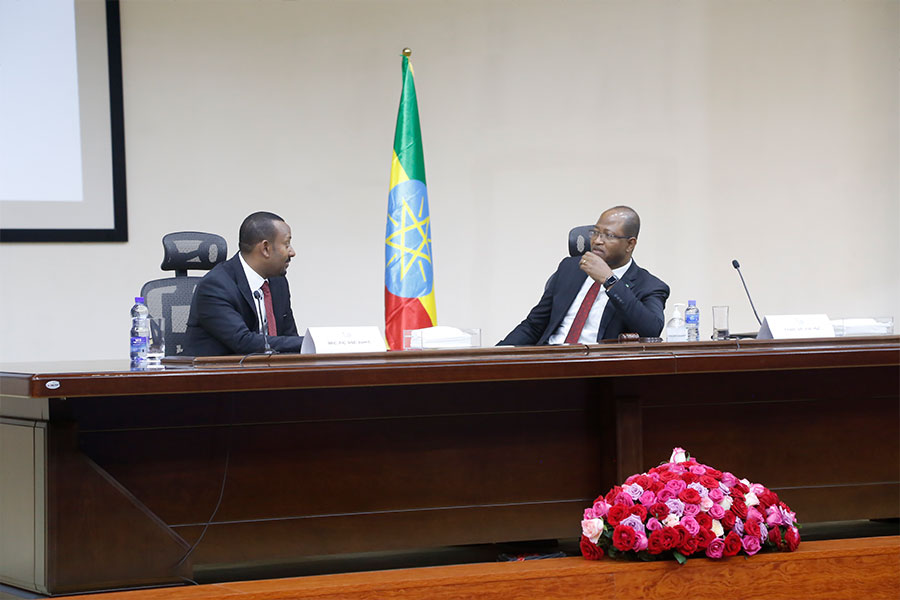
Fortune News | Jul 11,2021
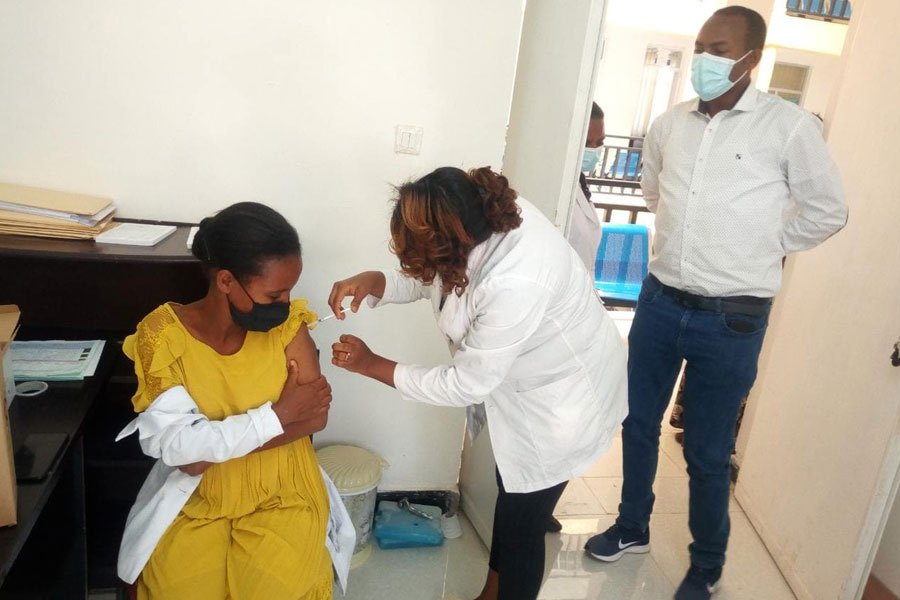
Year In Review | Sep 10,2021
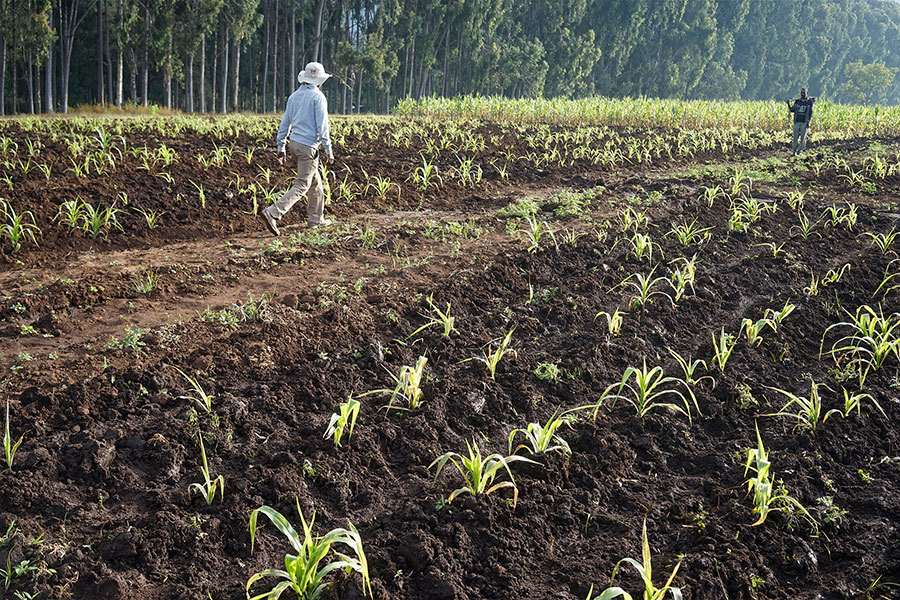
Fortune News | May 10,2022
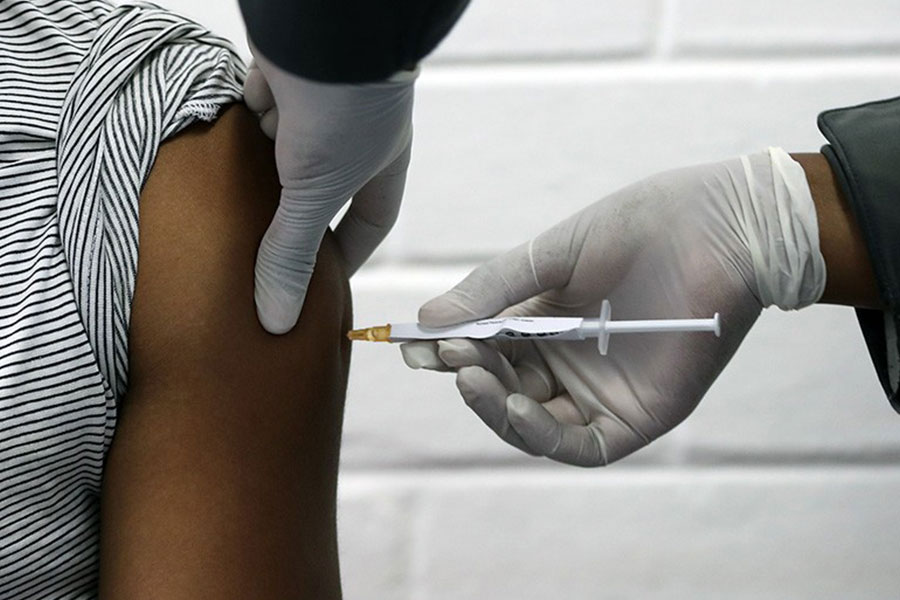
Covid-19 | Jun 12,2021

Radar | Mar 26,2022

Radar | Jan 22,2022

News Analysis | Jan 01,2022

Radar | Apr 24,2021

Radar | Nov 27,2021

Dec 22 , 2024 . By TIZITA SHEWAFERAW
Charged with transforming colossal state-owned enterprises into modern and competitiv...

Aug 18 , 2024 . By AKSAH ITALO
Although predictable Yonas Zerihun's job in the ride-hailing service is not immune to...

Jul 28 , 2024 . By TIZITA SHEWAFERAW
Unhabitual, perhaps too many, Samuel Gebreyohannes, 38, used to occasionally enjoy a couple of beers at breakfast. However, he recently swit...

Jul 13 , 2024 . By AKSAH ITALO
Investors who rely on tractors, trucks, and field vehicles for commuting, transporting commodities, and f...

Nov 1 , 2025
The National Bank of Ethiopia (NBE) issued a statement two weeks ago that appeared to...

Oct 25 , 2025
The regulatory machinery is on overdrive. In only two years, no fewer than 35 new pro...

Oct 18 , 2025
The political establishment, notably the ruling party and its top brass, has become p...

Oct 11 , 2025
Ladislas Farago, a roving Associated Press (AP) correspondent, arrived in Ethiopia in...